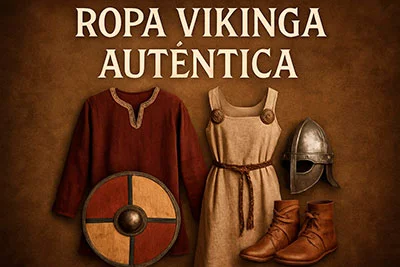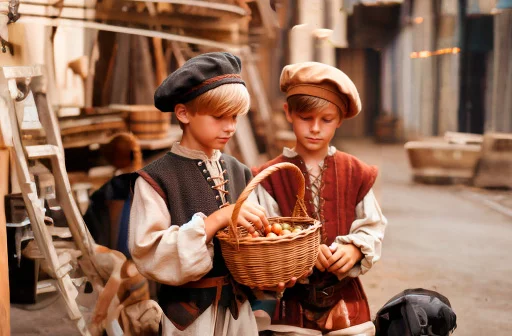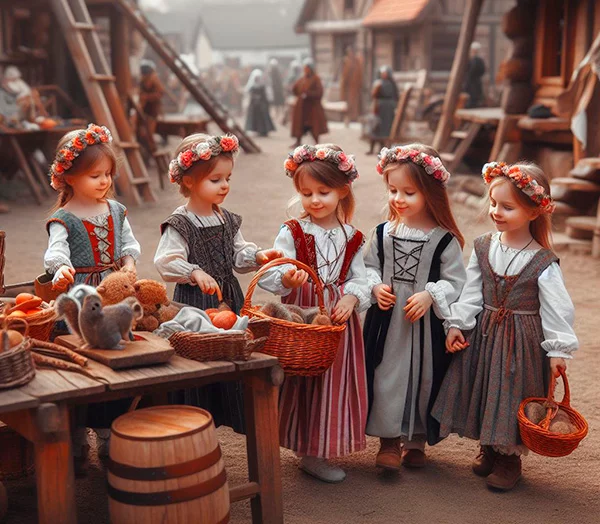What is a Cingulum?
The cingulum, known as the Roman military belt, is an emblematic element of the soldiers' attire in Ancient Rome. This accessory was not just a simple piece of clothing but also served significant practical and symbolic functions in the Roman military context.
Origin and Functionality
The cingulum militare has its roots in the Roman Republic and remained relevant during the Principate period. This belt not only secured the soldiers' tunic but also allowed them to carry their combat weapons, especially the gladius and pugio.
Distinctive Features
Generally, the cingulum was made of leather and adorned with various decorative elements, such as:
- Buckles: Used to adjust the belt to the waist.
- Metal plates: Added a visual touch and often indicated the wearer's rank or status.
- Studs: Used to adorn the belt and offer greater durability.
This combination of materials, including metals such as bronze and iron, made the cingulum both functional and visually appealing.
Composed Elements of the Cingulum
The cingulum consists of several essential parts:
- Baltea: The main band of the belt.
- Bulla: Rivets used to join the belt strips.
- Pensilio: Pendants that adorn the ends of the straps.
- Lamna: Discs found at the end of each strip.
- Fibula: Buckle that secures the band in place.
Military and Symbolic Use
The cingulum was part of a broader set of military equipment, including elements such as the helmet (galea), the shield (scutum), and the armor (curias). It was crucial for combat, allowing soldiers to carry weapons safely and visibly. Moreover, its presence was a symbol of military identity, proudly worn by soldiers even off the battlefield.
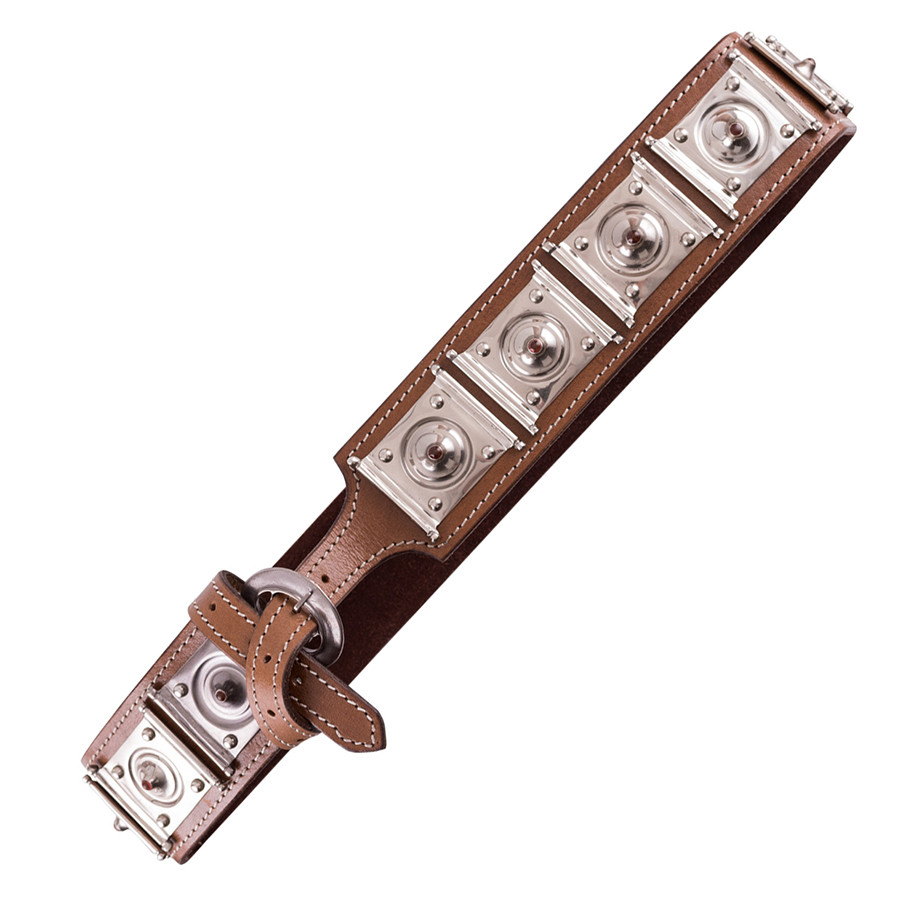
Modern Recreations
Today, the cingulum has not lost its relevance. It is widely used in historical reenactments and LARP (Live Action Role Playing) events. Many artisans manufacture replicas with natural leather and metal adornments, keeping the legacy of this fascinating military artifact alive.
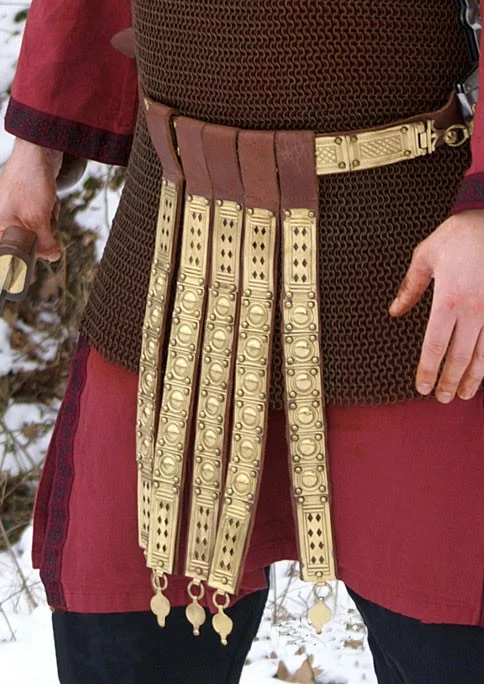
| Element | Description |
| Baltea | Main band forming the belt. |
| Bulla | Rivets that join the strips. |
| Pensilio | Decorative pendants at the ends. |
| Lamna | Discs at the end of each strip. |
| Fibula | Buckle securing the belt. |

